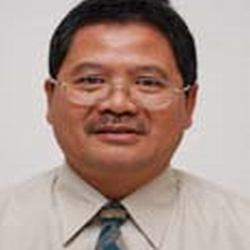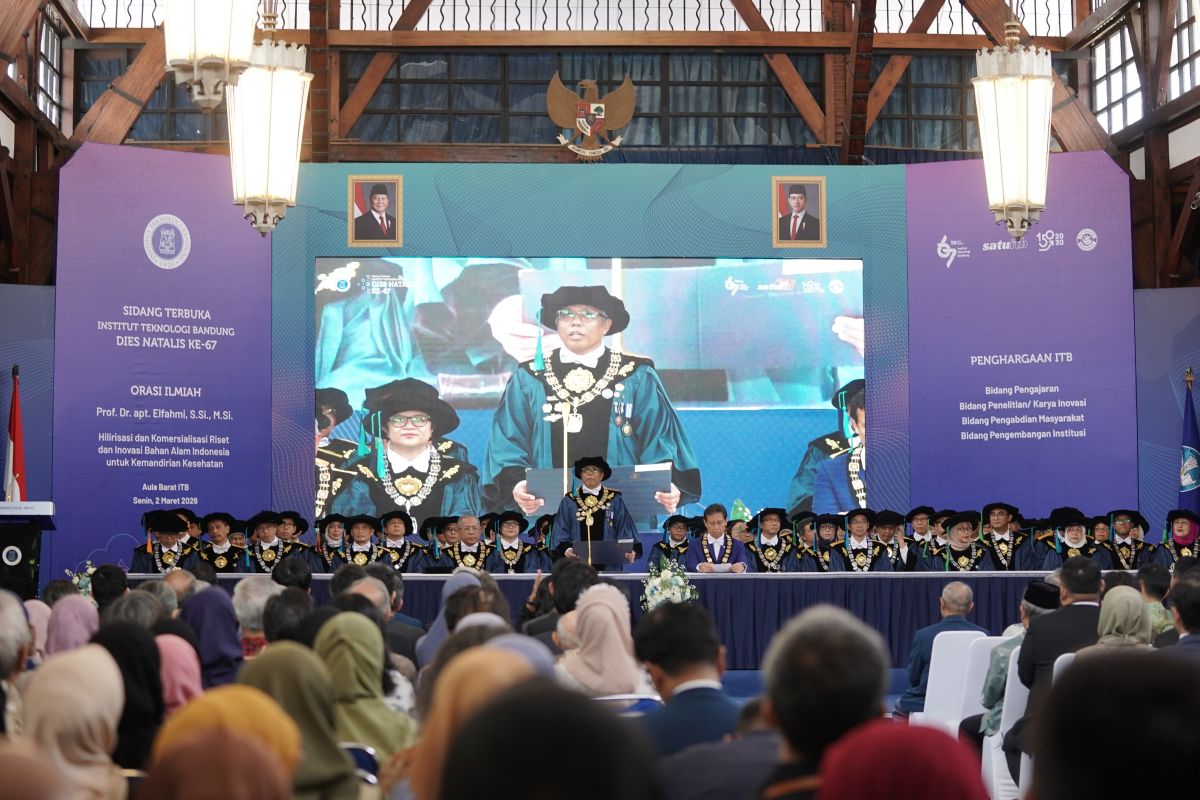SUSPIM ITB 2011: Vice Rector to Academics and Student Affairs (WRAM)
By Fathir Ramadhan
Editor Fathir Ramadhan

 BANDUNG, itb.ac.id - Vice Rector to Academics and Student Affairs (WRAM), Prof. Dr. Ir. Carmadi Machbub, underlined several interests, including educational process administration, First Year Preparation Office (LTPB), and Education, Research, and Community Service Evaluation Office (LP4). These points are represented by WRAM together with his team in the Management and Development Systems Workshop, Leadership Course (SUSPIM) ITB 2011.
BANDUNG, itb.ac.id - Vice Rector to Academics and Student Affairs (WRAM), Prof. Dr. Ir. Carmadi Machbub, underlined several interests, including educational process administration, First Year Preparation Office (LTPB), and Education, Research, and Community Service Evaluation Office (LP4). These points are represented by WRAM together with his team in the Management and Development Systems Workshop, Leadership Course (SUSPIM) ITB 2011.
Educational Process Administration
The execution of the administration process is managed by the Education Directorate so that a centralized database of all student affairs in ITB is made. In order for this data to be accessed easily by all students, the directorate created several websites; a website dedicated for public information (akademik.itb.ac.id) and a website with limited access.
Activities included in the educational process administration are pre-semester registration stage (the opening of classes available to be taken in that specific semester), new students admission, re-registration, early warning for students under the risk of being dropped out, study-plan change, grade processing, class evaluations, drop-outs, and graduation.
First-Year Preparation Office (LTPB)
The office prepares freshmen for the next phase in their university life, which is majoring. It manages conducts in classes, lab-projects, tutorials, study program and campus orientation, motivation, character development, guardianship, and assignment of majors.
Education, Research, and Community Service Evaluation Office (LP4)
LP4's main responsibility is to formulate academic policies to be finalized by the rector, provide Activity and Budget Plan consideration, formulate undergraduate, post-graduate, and doctorate programs development, develop educational framework and method, and formulate policies on research and community service.
In 2011, LP4 has integrated undergraduate, post-graduate, and doctorate program evaluation, science and technology development prediction in order to create a more up-to-date curriculum, evaluation on the productivity and capacity of researches, evaluation on credit transfer and credit earning activity, thematic internship programs, and Final Project books.

.jpg)

.jpg)
.jpg)
.jpg)
